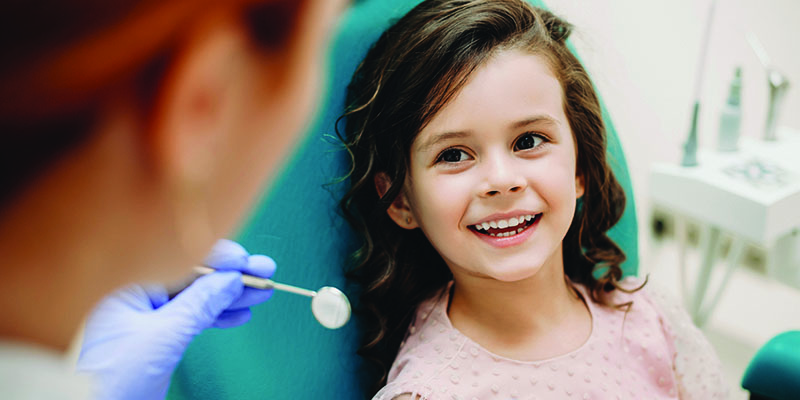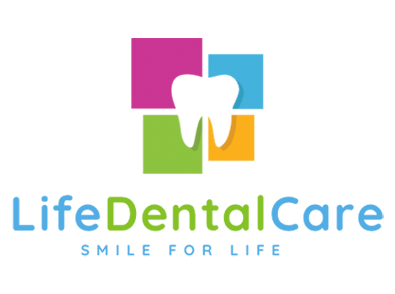
Paediatric Dentistry
Dental care is a significant part of every child's development. The milk teeth, or baby teeth, serve as guides for the permanent teeth and help your child learn necessary functional and social skills, such as speaking and eating. We encourage parents to prioritise childhood dental care and allow their kids to experience the dentist so they may grow used to the experience.
Dental Check-Ups
Dental check-ups for our young patients start as early as 12 months. Babies typically develop their first milk teeth around this age, so it's best to see the dentist early to establish a dental health plan with examinations and cleanings every 6 months.
Our caring staff will help your little one understand the dental process during these check-ups by providing gentle examinations and cleanings. We examine the teeth and gums, ensure the milk teeth are growing normally, and take X-rays to assess jaw development and internal structures. We are also ready to answer your milk teeth questions and provide home-care advice.
Gentle Dental Cleanings
Milk teeth are much more susceptible to infection and decay than permanent teeth and therefore need extra supervision and regular cleanings. At Life Dental Care, our staff are trained to provide gentle cleanings and treatments to children of all ages.
Our gentle dental cleanings for kids start with light brushing and rinsing with sensitive fluids. As your child develops more milk teeth over time, dental cleanings will progress to include fluoride. Finally, proper dental cleanings are introduced when the permanent teeth erupt. By maintaining these consistent cleanings, your child will become used to the dental experience and learn the importance of caring for their dental health.
Fissure Sealants
When the permanent molars and pre-molars erupt, we use fissure sealants as a preventative measure against infection. These teeth have fissures or pits where food gets trapped and causes teeth decay, but applying sealants prevents this.
Fissure sealants can last for several years, making them ideal for young children developing into adolescence. However, over time, they will slowly wear down. Your child will then have all of their permanent teeth and be less prone to infection.

